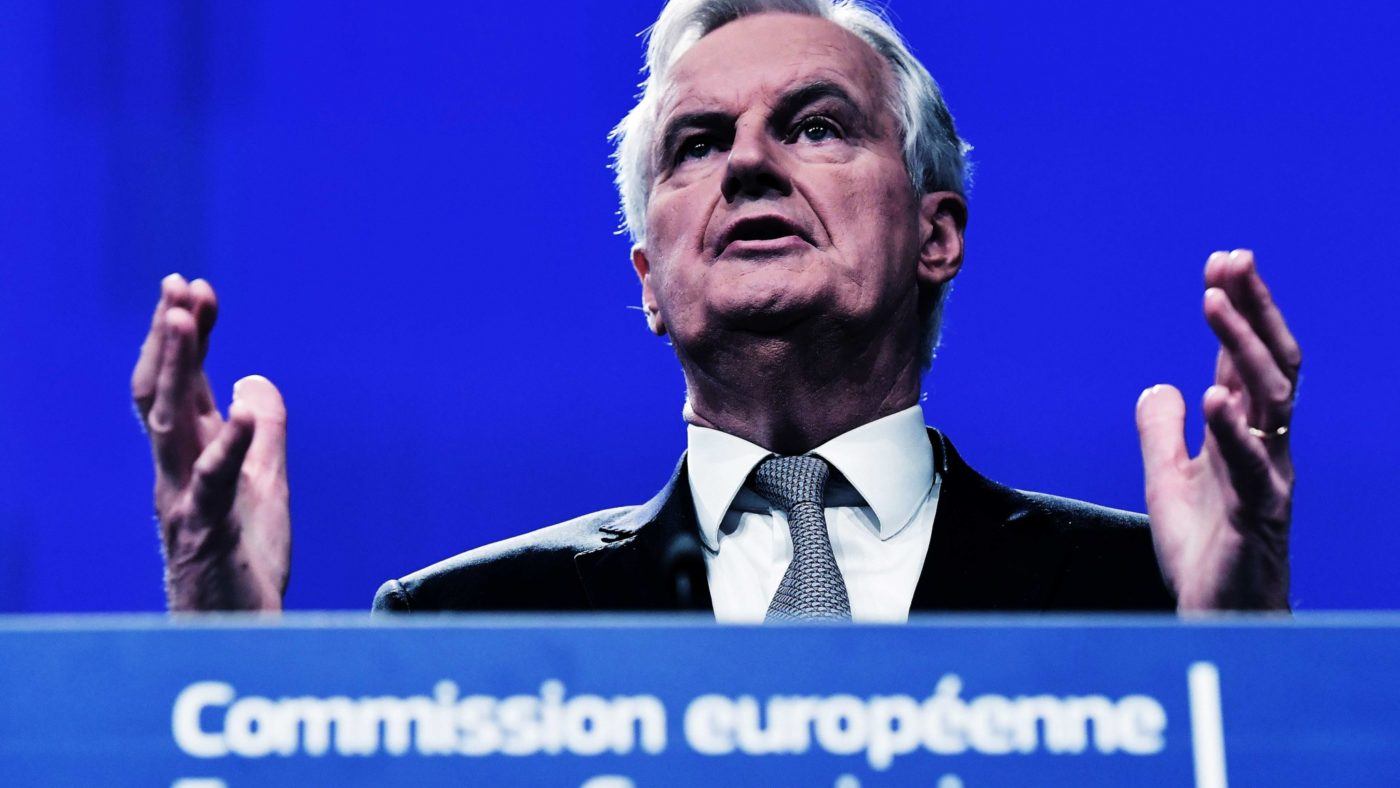When Theresa May triggers Article 50 on Wednesday, negotiations between the UK and the EU can finally begin. The EU’s chief negotiator, Michel Barnier, has made it very clear that both sides will be looking for a comprehensive and ambitious free-trade agreement. Given the political will expressed by both sides, and their deeply integrated and interconnected economies, it is fairly clear that they’ll get one.
For the UK, the ultimate goal is not a deal with the EU, important though that is. It is a comprehensive and independent trade policy. That policy should be built on four fundamental pillars: what we can do unilaterally, bilaterally, plurilaterally and multilaterally.
The EU agreement is part of the bilateral pillar, but only part of it. There are other agreements which the UK should conclude including the agreements that the UK has through the EU, as well as new ones with places such as the US.
Plurilaterally, the UK should initiate discussions among a group of like-minded countries to push deeper into the behind-the-border barriers that hurt the UK’s powerful services trade exports. This can only be done with countries who are as committed to open trade, competition, and property rights protection as the UK. Multilaterally, we are in the process of the rectification of UK schedules in the World Trade Organisation.
Barnier also emphasised the need to ensure that labour and consumer rights are protected in the UK. Theresa May has already made it clear that the UK is not about to change its labour protections. As for consumer rights, one must not forget that the most important consumer right (especially for the poor) is the right not to have to pay higher than market prices for goods and services because of a lack of competition. If competition runs through the regulatory provisions of a UK-EU trade deal, then these important benefits can be delivered to consumers.
If the comprehensive trade deal everyone wants is not agreed on by the end of the Article 50 two-year time-frame, there will be an interregnum period in which the UK and the EU will need to settle for a combination of interim measures and whatever permanent measures that can be agreed on early in the negotiations – so called “early harvest” measures.
Among these, for example, the UK should seek the right to remain for UK citizens residing in the EU, in return for equivalent rights for EU citizens in the UK. But in the event of no immediate agreement, the UK should offer to grandfather the rights of all EU citizens validly exercising their treaty rights in the UK.
Both parties will need a zero-for-zero tariff deal during the interregnum. There is no reason this cannot be agreed early in the process. Liberal rules of origin and the possibility of cumulation (so the UK and the EU can benefit from the full network of trade agreements to which they are parties) should also be agreed on early.
We will also need to agree mutual recognition of standards. Since Theresa May already plans to nationalise European product regulation and standards through the Great Repeal Bill, there is no reason why this cannot also be an early-harvest measure. It will give business the reassurance it needs that supply chains will operate with minimal disruption.
For financial services, we should seek agreement on a set of measures to coordinate dual regulation between the UK and the EU, which would ensure the effective and efficient cross-border supply of services. Such measures contribute to the mitigation/elimination of dual regulation barriers. Examples include EU-wide harmonisation in certain areas, and techniques such as mutual recognition and home state supervision.
In the digital sector, the UK should seek mutual recognition of broadcasting licences in the interim, protecting those media service providers which established solely in the UK, but targeting EU markets. The UK should also seek cost-based interconnection for operators connecting to EU networks after Brexit on an interim basis, and then provide for the same within a telecoms chapter in the formal free-trade agreement.
As one of the world’s major players in aviation, the UK should ensure that it is able to continue to grow and expand its capacity as an international hub and extend its reach beyond its borders to protect the safety and security of UK passengers. This might be achieved by retaining some oversight or influence over European security standards, likely in return for the sharing of intelligence.
Throughout the Article 50 process, the UK will be working with countries outside the EU, both on its WTO rectification and on potential free trade agreements. As a matter of law, the UK can do quite a lot of negotiation and scoping for such agreements, but it may choose to defer to the EU and limit the fullness of these discussions.
These discussions are important because they operate both as an end in themselves (as part of developing a strong and independent liberalising trade policy), and as an important hedge against European non-cooperation, which is the one thing that the UK cannot control.
Brexit offers an opportunity for an open Britain to emerge as the world’s trade policy leader. However, such leadership is not built overnight, and the learning curve will be steep. As the adage goes, we must remember that while ships in the harbour are safe, that is not what ships are for. In this journey, we will discover who we are and what we stand for.


